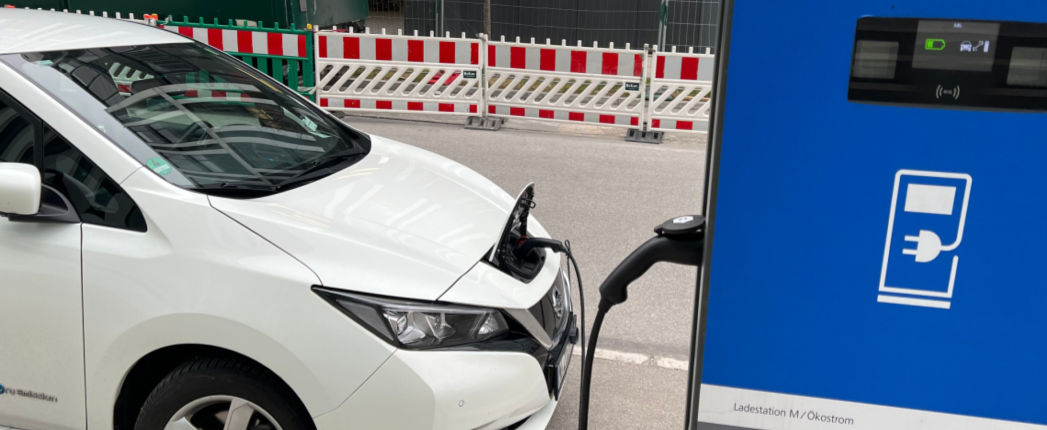
German independent lubricant maker Fuchs Petrolub bought a 28% stake in E-Lyte Innovations GmbH, a start-up that develops and produces electrolytes for high-performance batteries for the industrial and automotive sectors. The €8 million acquisition solidifies its position in the e-mobility fluids market and indicates a gradual move away from motor oil.
In September 2020 Fuchs launched its range of Blu EV electric vehicle fluids. The range includes a transmission oil for electric and hybrid drivetrains, a grease for electric motors and a dielectric heat transfer fluid.
>Click here to view our roster of e-fluid manufacturers.
CEO Stephan Fuchs told Electric Vehicles InSite that the company sees “significant business potential” in the fast-growing market for electrolytes. Electrolytes are a key component of lithium-ion batteries and are used in countless other applications including e-mobility. Mordor Intelligence forecasts the market will grow by 11.6% by 2027 to reach a value of U.S. $17.28 billion.
“The start of e-mobility will open up new markets and new applications for Fuchs and since we are also involved in the transmission of energy in the powertrain the next logical step is the topic of batteries and energy storage,” Fuchs said.
E-Lyte and Fuchs plan to build new production facilities and a laboratory at the lube maker’s location in Kaiserslautern, Germany. The two companies expect production to start mid-2023 but at this stage they will focus on high-performance applications.
“There is no longer one universal electrolyte for batteries and the differences between those available are becoming more and more pronounced,” said Ralf Wagner, managing partner of E-Lyte.
“The rapidly developing battery technologies for a broad range of applications are causing skyrocketing demand for customized electrolyte formulas and ever-larger production volumes. In order to cater for this we need a local supply chain, not only because the electrolyte doesn’t permit long delivery and storage times because of its limited shelf life,” Wagner said.
According to its website, E-Lyte makes custom electrolytes for lithium-ion batteries, sodium-ion batteries, super-capacitors and other energy storage systems. It aims to speed up battery charging times and increase energy density. Other potential applications include drones, medical engineering, high- and low-temperature applications and aerospace.
Electrolyte is made by mixing acid and water, which break down into positively and negatively charged ions. The substance carries current around a battery. In an EV lithium-ion battery, the electrolyte is a liquid. However, companies are developing solid-state batteries that use a layer of electrolyte squashed between other layers to carry the charge. Experts believe that solid-state batteries can pack more energy enabling longer ranges between the EV recharging.
Fuchs says it is excited to develop new business segments but remains committed to producing conventional lubricants. It estimates that the shift to EVs will affect 20% of Europe’s vehicle population over the next 10 years. Vehicle market growth in China will increase the conventional-engine fleet despite the number of EVs is also rising.
Fuchs thinks the global lubricants market will stabilize within the next 10 years. Many automotive applications will maintain demand for “classical” lubricants. Those linked to the drivetrain will gradually move to e-lubes or partially shrink in demand.

Sorry, a technical error occurred and we were unable to log you into your account. We have emailed the problem to our team, and they are looking into the matter. You can reach us at cs@lubesngreases.com.
Click here link to homepage